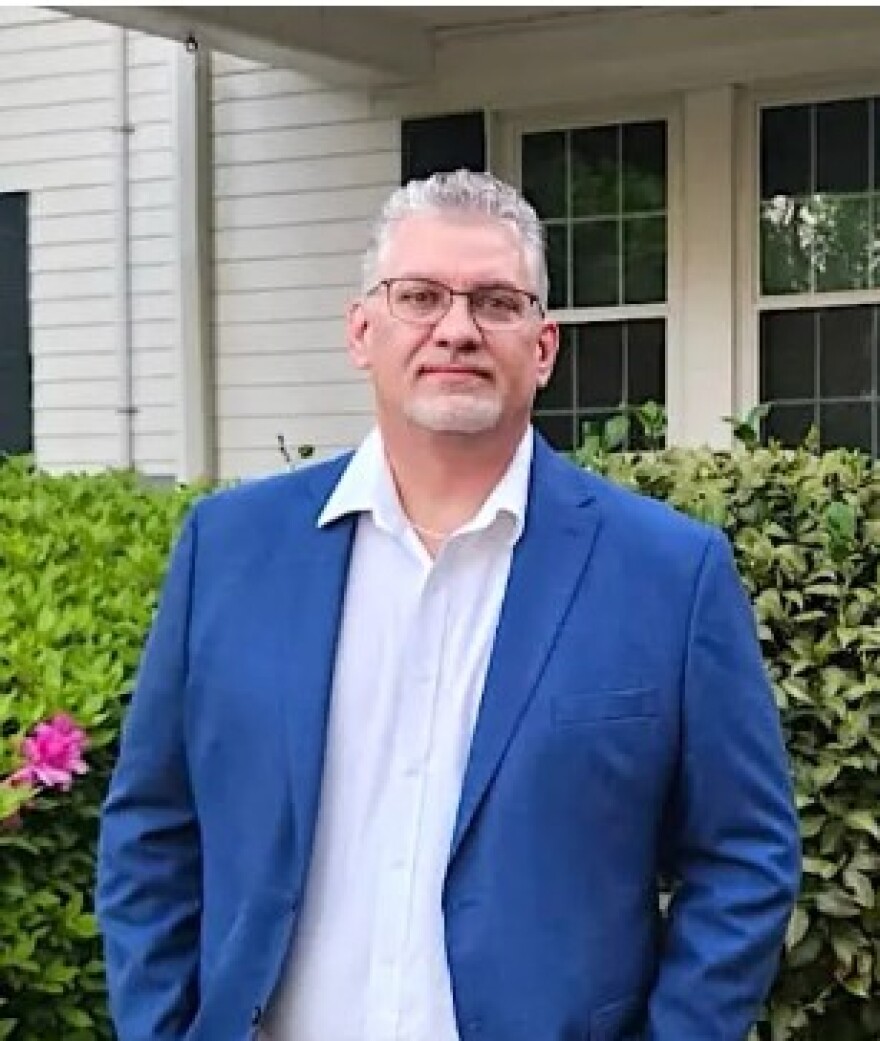If you’re a homeowner, you’ve probably received mailers and text messages offering to buy your house quickly, in any condition, for cash. The ads promise a stress-free experience with no fees, commissions or closing costs.
But there’s a catch. These pitches are part of an increasingly popular money-making strategy called “wholesaling” — only the homeowner isn’t the one making the money.
“Wholesaling is an epidemic in the state of Florida, and it’s massive,” said Bob Miller, a licensed broker with Millshire Realty who specializes in helping clients with short sales and foreclosures.

“People are being robbed out of houses … They’re losing 40 to 50% of the equity in their house,” Miller said.
What is wholesaling? Wholesaling is an aggressive strategy in which people who typically aren’t licensed real estate agents find distressed properties and persuade the owner to sell at a price well below market value.
In most cases, the wholesalers have no intention of buying the home themselves. Their goal is to get the owner to sign a contract with an “assignment clause” — which Miller said is a red flag to look for before signing.
That clause allows the wholesaler to sell or “assign” the contract to another buyer at a higher price and keep the difference.
“What happens is, he shows up at your house and he says, ‘Hey, I’ll give you $100,000 for your place.’ But he already knows someone who will give him $145,000,” Miller said. “He then sells your contract for $45,000. He makes $45K, you make $100K, and the true investor gets your house.”
Some of the houses get “flipped,” or renovated and quickly resold. Others end up as rental properties, which are typically not maintained as well as owner-occupied homes.
"|It’s rampant. You wouldn’t believe how much money homeowners are losing."Bob Miller, licensed real estate broker
A predatory system: Miller said the system preys on people who are intimidated by the real estate process and don’t understand the actual value of their homes.
If the homeowner goes through with the deal, they lose potential wealth that, in many cases, could be life-changing or passed down to their children.
If they have second thoughts after signing and try to get out of the contract, they can end up with a costly lien on their property.
“This one company files what’s called a ‘notice of intent’ or a ‘memorandum of agreement’ on the property,” Miller said. “If you don’t complete the deal with them — let’s say you get wise to it — you owe them $15,000 or 10% of the sales price, whatever is greater.”
These court filings “cloud” the title to the home and can make it impossible to sell, even years later, unless the wholesaler agrees to lift it.
A growing trend: Online courses tout wholesaling as a low-barrier-to-entry money-making strategy because participants don’t need to have enough money to buy homes. Their primary costs are marketing materials.
“Wholesaling real estate is the perfect investment strategy for aspiring investors in Florida,” one video says. “Instead of buying the property yourself, you simply get it under contract and then assign those contract rights to another buyer for a fee.”
The video recommends that people find “three to five cash buyers that you can wholesale deals to. Cash buyers are real estate investors, typically fix-and-flippers, who buy multiple deals per month and are eager to work with wholesalers.”
Miller estimated that “for every 20 real estate investors, there are probably 1,000 wholesalers.”
Skirting the law: Wholesaling is legal as long as the people doing it market the contract on a home, not the property itself.
But Miller said many wholesalers will post the homes on Facebook or Craig’s List, which is a second-degree misdemeanor. Florida Statute 475 bars the unauthorized practice of real estate.
He said he regularly reports wholesalers to Florida’s Department of Business and Professional Regulation.
Advice for homeowners: Miller recommended that homeowners work with a licensed real estate agent to sell their properties.
Real estate agents have a legal and ethical obligation to get homeowners the most money possible when selling a property. And their commissions are likely to be much less than the lost profits from working with a wholesaler, Miller said.
LkldNow’s Insight Polk independent reporting initiative is made possible by the Community Indicators Project with funding by GiveWell Community Foundation & United Way of Central Florida. All editorial decisions are made by LkldNow.
Cindy Glover is a reporter for LkldNow, a nonprofit newsroom providing independent local news for Lakeland. Read at LkldNow.com.







